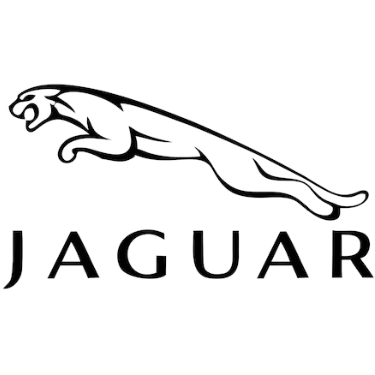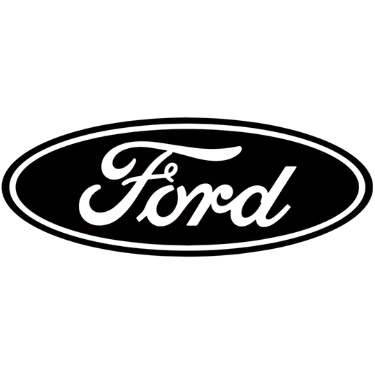For many car owners in Austin, TX, window tinting is not just a practical upgrade; it’s also a style statement. Tinted windows can enhance privacy, protect against harsh UV rays, and give your vehicle a sleek, polished appearance. However, while the benefits of auto tinting are clear, there’s one important question some drivers may find themselves wondering: can you tint your car windows past the legal limit? At Dixie Tint Pros, we’ve guided thousands of customers through the ins and outs of Texas tint law, ensuring compliance while delivering high-quality results. Here, we’ll break down what you need to know about the legalities of window tinting and the potential risks of exceeding those limits.
In Texas, window tinting is regulated to ensure driver safety and clear visibility. Texas tint laws specify how much light must pass through your car windows, known as Visible Light Transmission (VLT). The lower the VLT percentage, the darker the tint. Here’s a quick summary of Texas’s current window tint requirements (as of the publish date):
These laws aim to balance personal preferences with road safety and visibility, ensuring that both drivers and pedestrians remain safe. For the most accurate and up to date Texas window tint regulations, please visit the Texas Department of Public Safety website.
Tinting your car windows beyond the legal limit might be tempting for the added privacy and aesthetic appeal, but it comes with risks:
At Dixie Tint Pros, we encourage our customers to adhere to legal tint limits not only to avoid penalties but also for the following reasons:
If you’re set on achieving a darker look or higher privacy but want to stay within the law, consider these options:
When it comes to tinting your car windows, professional installation is key. Improperly applied tints can result in bubbles, peeling, and uneven coverage. At Dixie Tint Pros, our experienced technicians ensure a flawless application, adhering to all legal requirements. Whether you’re looking for auto tint in Austin, window tint for homes, or window privacy film, our team is here to provide expert guidance and exceptional results.
Q: Can I use darker tints if I have a medical condition? Yes, Texas offers medical exemptions for darker tints. You’ll need documentation from a doctor and approval from the Texas Department of Public Safety.
Q: How can I check my current tint level? Professional tint shops like Dixie Tint Pros can measure your window’s VLT to ensure compliance with Texas laws.
Q: Is it possible to remove illegal tints? Yes, illegal tints can be professionally removed and replaced with compliant options. Our team can help with both removal and reinstallation.
Located in Austin, TX, Dixie Tint Pros has been a trusted provider of auto tint and window tinting services for years. We pride ourselves on offering:
Tinting your car windows past the legal limit is not worth the potential risks and complications. By staying within Texas tint laws, you can enjoy the benefits of window tinting while avoiding fines, safety hazards, and inspection failures. Whether you’re interested in enhancing privacy, reducing heat, or improving your car’s appearance, Dixie Tint Pros offers a wide range of compliant solutions tailored to your preferences.
Contact us today for auto tint in Austin, window tinting near me, or ceramic window tint services. Let us help you achieve the perfect balance of style and function for your vehicle!
We provide ceramic and dyed window tints to all of our customers and are an exclusive distributor of Autobahn window films. All of our tints are multilayered and provide protection against scratches, heat, and UV rays
The darkness of window film is regulated based on the Visible Light Transmission or VLT – the percentage of visible light allowed in through the combination of the film and the window. Texas laws contain specific regulations based on the type of vehicle. The requirements for sedans, SUVs and vans are as follows.
- Windshield: 25% VLT tint is allowed above the manufacturer’s AS-1 line or top 5 inches, with less than 25% reflection
- Front Side Windows: Must allow more than 25% of light in
- Back Side Windows: Any level of darkness
- Rear Windows: Any darkness can be used with side outside mirrors, 25% VLT without.
For more information visit the Texas Department of Public Safety’s website here.
The cost of window tinting can vary depending on the size of your vehicle, the windows you want to tint, and the type of film you choose. Generally, the larger the vehicle and the higher the window counts, the more it will cost. Premium Window Films, like our Nanoflex Premium Ceramic window film, start around $125 per window while our quality cost effective Carbon Terraflex Window Films can be as low as $59 per window. Despite our business being window tints, Dixie Tint Pros is completely transparent when it comes to pricing. You will know your out-the-door cost before you arrive at one of our stores, if you request a quote from us.
The short answer is no, it is not illegal to have window tint on your car’s windows. However, Texas regulates the amount of light that your tint can block. Your vehicle tint must follow Visible Light Transmission or VLT standards established by the state of Texas. For more information about Texas Window Tint Laws, visit the Texas Department of Public Safety’s website here.
Carbon tints are made from sheets of polyester or another laminate materials that include microscopic Carbon particles that, depending on quantity, can provide varying shades from very light to very dark. Ceramic window tint is the highest quality window film on the market and is made from polyester or laminate based sheets. They are available in a variety of shades and colors. The main difference between ceramic tint and carbon tint is that ceramic tint is coated with ceramic particles at the end of the manufacturing process. Ceramic tints blocks visible sunlight, adds privacy, blocks harmful UV rays, glare, and heat.



















